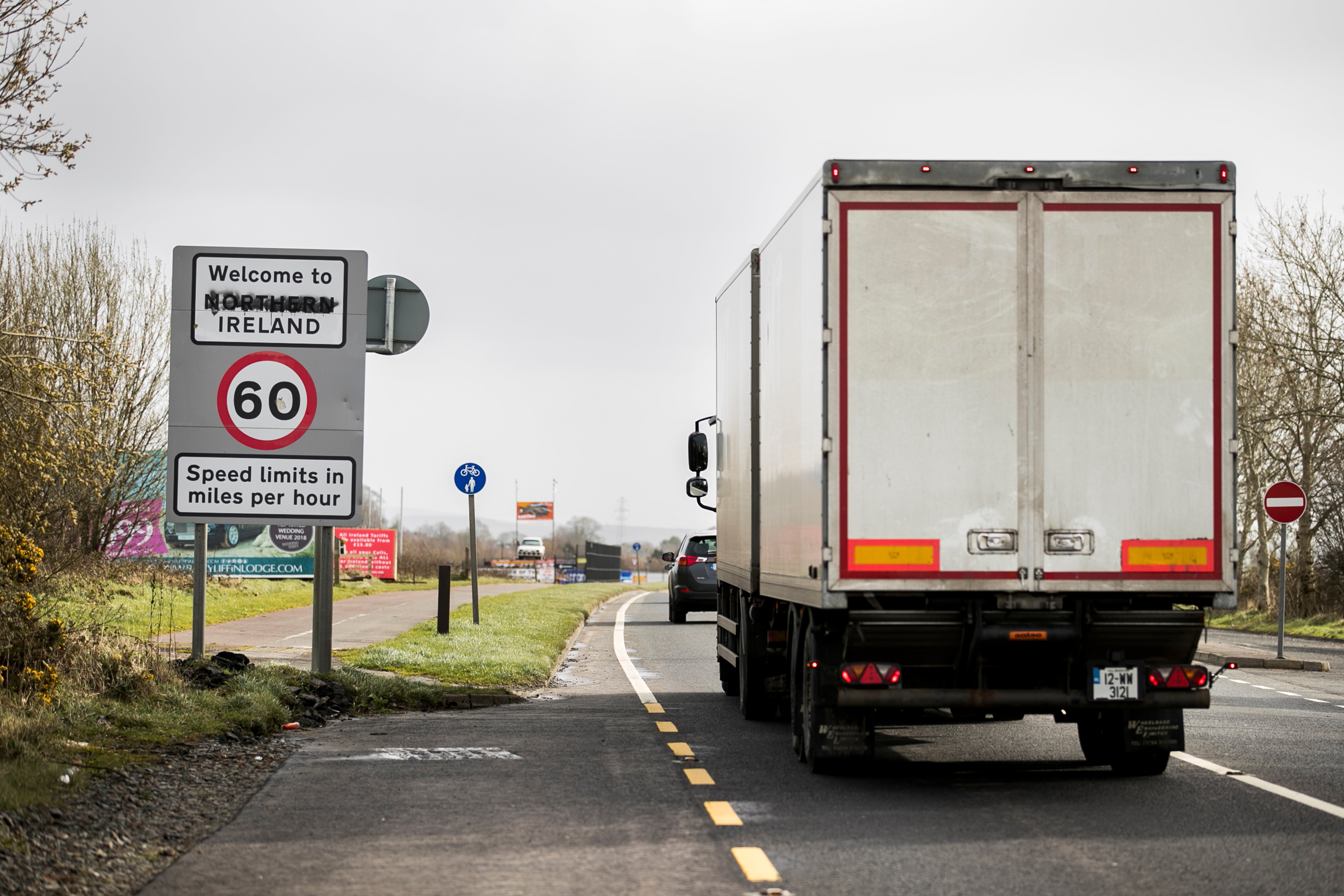Watchdog urges clarity on cross-border healthcare since Brexit
A new report calls for clearer information over the provision of healthcare on the island of Ireland and the rights of cross-border workers.

A major new report by a human rights watchdog in Northern Ireland has revealed the complex nature of cross-border healthcare in the wake of Brexit.
The 44-page study, by the Northern Ireland Human Rights Commission, points to the need for greater clarity over the provision of healthcare on the island of Ireland and the rights of cross-border workers to access treatment.
The post-Brexit arrangements for Northern Ireland, designed to avoid a hard border on the island, remain controversial with the UK Government planning to introduce legislation to override parts of the Northern Ireland Protocol.
It may be that the relevant infrastructure in health and social care in Northern Ireland and Ireland is insufficiently adapted to manage the position of frontier workers under the Withdrawal Agreement
Opposition to the protocol has led to the DUP blocking the restoration of power-sharing in the region.
While for “the vast majority of people in Northern Ireland the right to access healthcare remains intact”, the report notes that significant uncertainties and complexities remain since the UK’s exit from the EU.
The Covid-19 pandemic, the report indicates, revealed some of the issues facing workers who live in the Republic while working in Northern Ireland.
While these workers can in theory access healthcare on either side of the border, the report notes that this often did not happen during the Covid-19 vaccination programmes.
“What actually happened was that they were not called up for vaccination, because there was a perception that vaccination entitlement was residence-based.
“Subsequently, those who did access vaccination successfully (because they were entitled to it) were not able to register for the UK’s Covid vaccination ‘passport’, because again the digital infrastructure around the passport was all residence-based,” the report says.
“It may be that the relevant infrastructure in health and social care in Northern Ireland and Ireland is insufficiently adapted to manage the position of frontier workers under the Withdrawal Agreement,” the report notes.
To address these issues, the report calls for NHS infrastructure to be adjusted so that healthcare for cross-border workers is “underpinned by consistent administrative practice”.
The commission also calls on authorities to provide “accurate information in plain language” so that the public are aware of their rights.
Bookmark popover
Removed from bookmarks